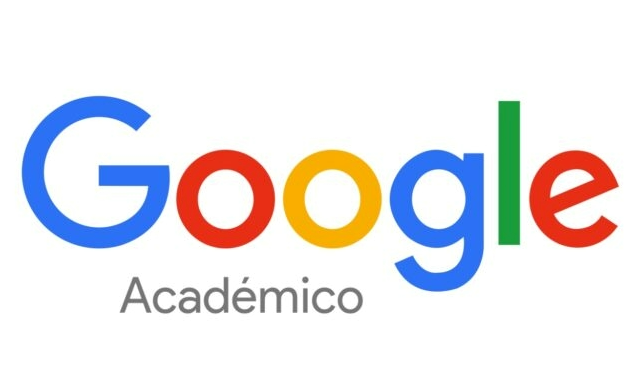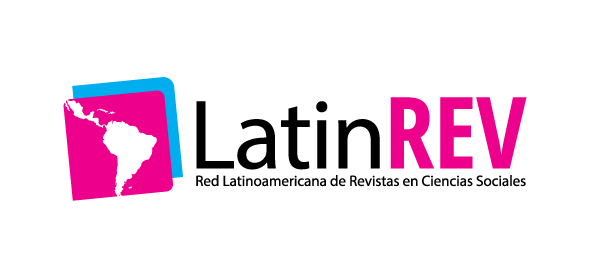Condiciones de los estudiantes de la educación superior en tiempo de COVID-19
DOI:
https://doi.org/10.70833/rseisa14item277Palabras clave:
Educación Superior, Instituciones de Educaciónn Superior (IES), Pandemia, COVID-19, Condiciones pedagógicasResumen
Este estudio tiene el objetivo de describir las condiciones psicológicas y pedagógicas de los estudiantes de educación superior para enfrentar la formación bajo la modalidad a distancia en el contexto de la pandemia por el virus COVID-19. La metodología responde al enfoque cuantitativo, diseño no experimental, transversal, de tipo descriptivo. La recolección de los datos se realizó mediante la aplicación de un cuestionario cerrado, la muestra consistió en 426 estudiantes. El tipo de muestreo fue no probabilístico, por muestras en cadena o por redes. Los hallazgos demuestran que la pandemia Covid-19 afectó emocionalmente la mayor parte de la población encuestada, floreciendo actitudes como la ansiedad, frustración, cansancio, falta de motivación, aburrimiento, no obstante, adoptaron medidas de contención emocional y desarrollaron habilidades blandas. En general, cuentan con los recursos tecnológicos necesarios, así como los espacios físicos y las habilidades para el desarrollo de las clases virtuales; sin embargo, les cuesta comprender las guías didácticas y consideran extensos los trabajos orientados por los docentes. Igualmente, se ha encontrado una población minoritaria que no cuenta con las condiciones requeridas para el desarrollo de la educación a distancia.
Descargas
Citas
Consejo Nacional de Eduación Superior. (26 de febrero de 2016). Resoluciones del CONES. Obtenido de Resolución N° 63 Reglamento de la Educación Superior a distancia y semipresencial.: http://www.cones.gov.py/category/resoluciones-del-cones/
Marrero, O., Mohamer, R., Xifra, J. (2018). Habilidades blandas: necesarias para la
formación integral del estudiante universitario. Revista Científica Ecociencia,
Edición Especial, ISSN: 1390-9320.
Organización de las Naciones Unidas para la Educación, la Ciencia y la Cultura. (13 de mayo de 2020). COVID-19 y educación superior: De los efectos inmediatos al día después. Obtenido de Análisis de impactos, respuestas políticas y recomendaciones: https://www.iesalc.unesco.org/wp-content/uploads/2020/05/COVID-19-ES-130520.pdf
Vera Millalén, F. (agosto de 2016). Infusión de habilidades blandas en el currículo de la educación superior: clave para el desarrollo de capital humano avanzado. Revista Akademéia, 1(7), 53-73.
Descargas
Publicado
Cómo citar
Número
Sección
Categorías
Licencia
Derechos de autor 2021 Montiel, Fonseca Feris, Arrúa

Esta obra está bajo una licencia internacional Creative Commons Atribución 4.0.
Licencia de Atribución Creative Commons CC-BY
Usted es libre de:
Compartir — copiar y redistribuir el material en cualquier medio o formato.
Adaptar — remezclar, transformar y construir a partir del material para cualquier propósito, incluso comercialmente.
Bajo los siguientes términos:
Atribución — Usted debe dar crédito de manera adecuada, brindar un enlace a la licencia, e indicar si se han realizado cambios. Puede hacerlo en cualquier forma razonable, pero no de forma tal que sugiera que usted o su uso tienen el apoyo de la licenciante.










